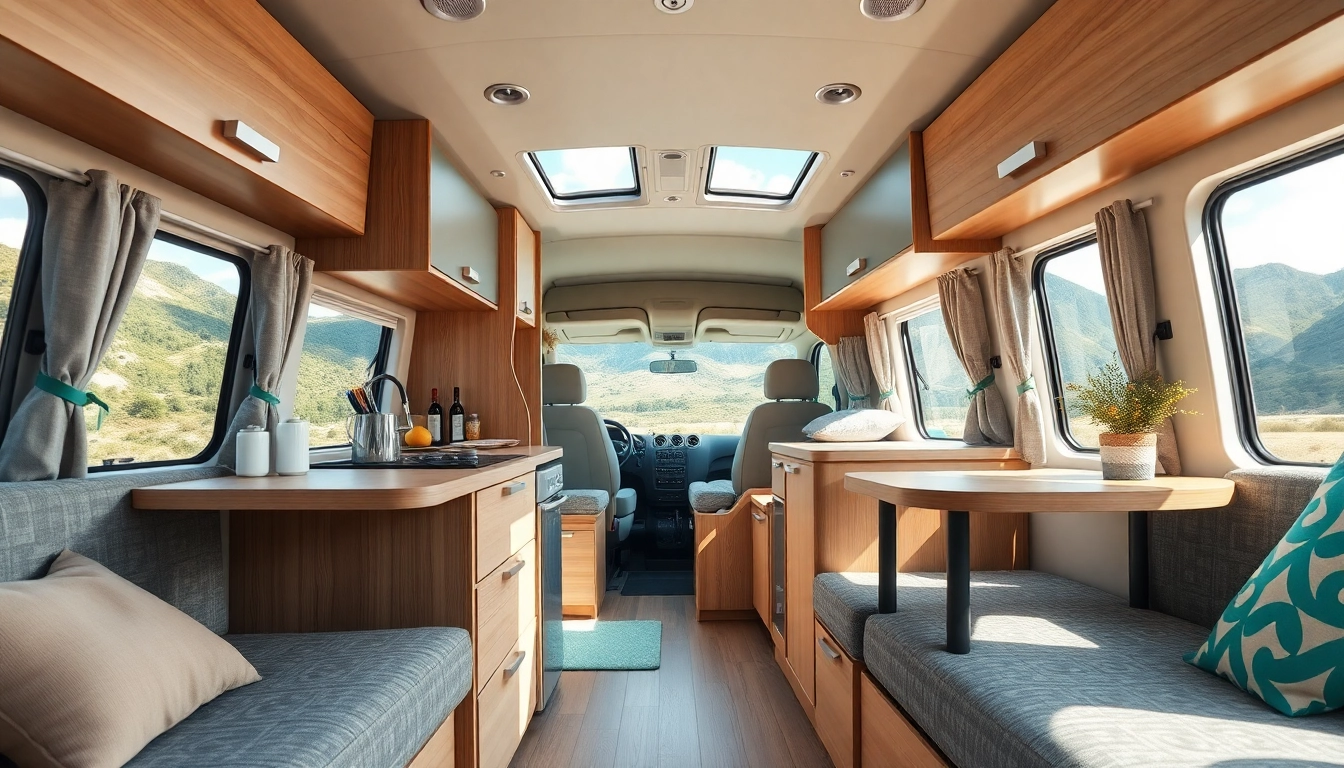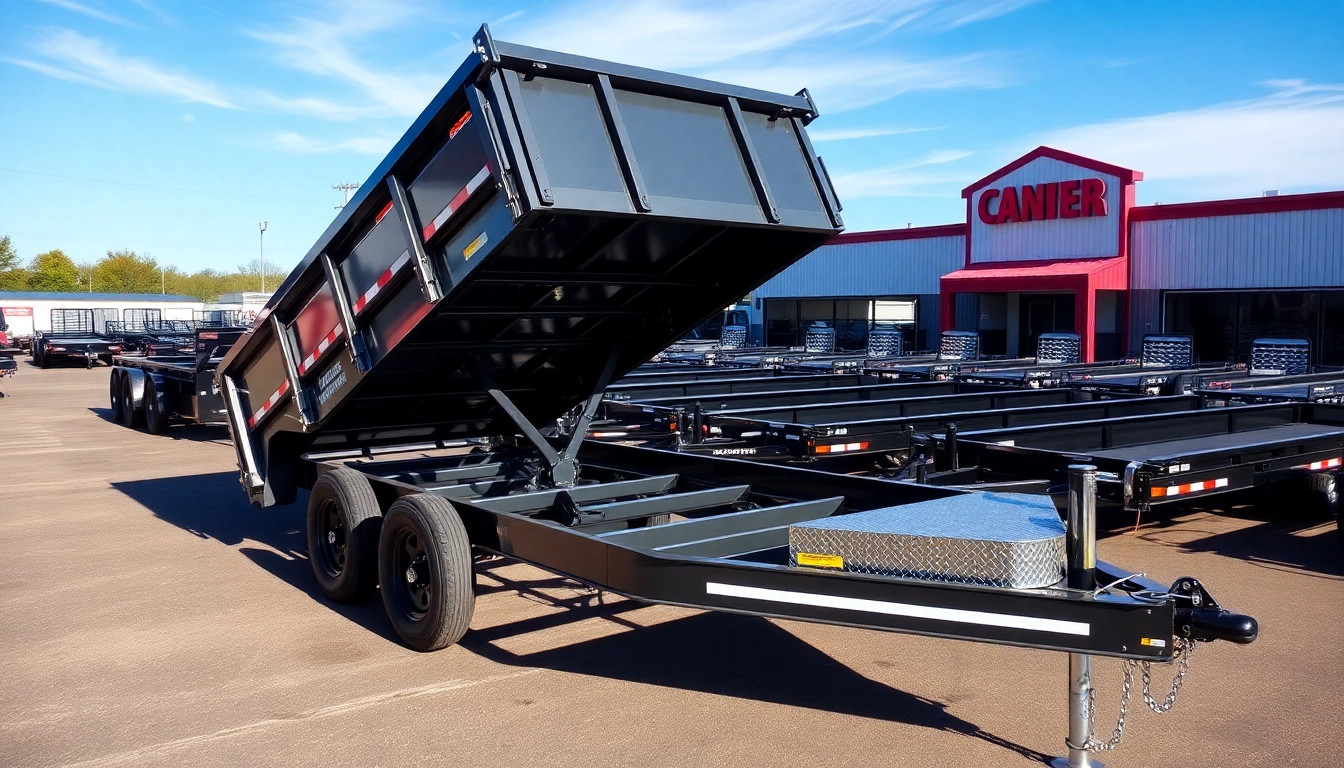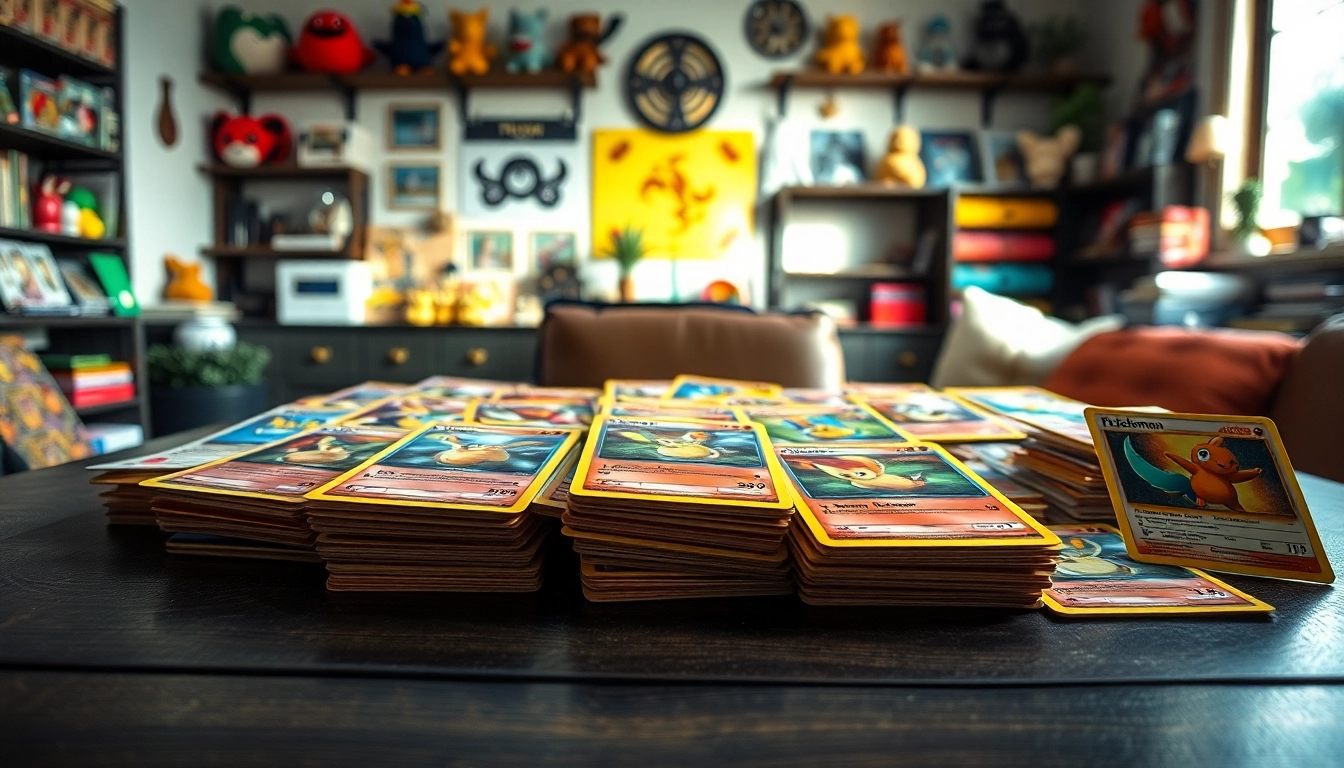Understanding Your Needs for the Perfect Campervan
Identifying Your Usage Scenarios
When it comes to embarking on a campervan journey, understanding your specific usage scenarios is crucial. Are you planning weekend getaways, long road trips, or are you considering it as a full-time living option? Each scenario demands different functionalities and features from your perfect campervan.
For occasional weekend use, you might prefer a compact and easy-to-maneuver van, while full-timers may benefit from spacious layouts and robust storage solutions. Carefully assessing these needs not only aids in selection but also ensures that the campervan you choose aligns perfectly with your lifestyle.
Prioritizing Space and Layout Preferences
Space is one of the most pressing considerations when choosing a campervan. Depending on the number of travelers and the duration of the trips planned, the layout may significantly impact comfort levels. Couples may prefer a simple setup, while families often need more sleeping arrangements and room for gear.
Some popular layouts include:
- Rear Lounge: Perfect for socializing and enjoying a view from the back.
- Fixed Bed: Ideal for those who prioritize restful sleep over space.
- Convertible Comparts: Maximizes flexibility with multifunctional areas.
It’s essential to visualize how you will use the space day-to-day and consider how the layout will adapt to various activities.
Adapting for Seasonal Variations
Choosing a campervan that adapts well to seasonal changes can enhance your travel experience. If you plan to travel across different climates, consider features like insulation, heating systems, and air conditioning.
Year-round vans typically come equipped with heating options and sufficient insulation to keep the interior comfortable. On the other hand, if you’re mostly exploring during summer months, a ventilation system could be more relevant.
Before making a decision, assess where you will primarily travel and the weather conditions at those time frames.
Choosing the Right Model for Your Perfect Campervan
Evaluating Different Brands and Models
The market is flooded with campervan manufacturers, each presenting unique offerings. Key players include well-regarded brands such as:
- Volkswagen: Known for reliability and a cult following over decades.
- Mercedes-Benz: Offers luxury with extensive options.
- Ford: Provides affordable options with varied configurations.
Researching these brands, reading reviews, and perhaps even renting different models can give you a clearer picture of what suits your style best.
Comparisons of Fuel Efficiency and Size
Fuel efficiency is an essential factor when choosing a campervan, impacting both your running costs and environmental footprint. Smaller, lighter vans often provide better mileage but may sacrifice some comfort and amenities.
Consider fuel types as well; diesel engines tend to be more fuel-efficient for long trips, while petrol engines can offer more convenience for urban driving. Always look into real-world user reviews and experience to gauge fuel costs.
Assessing Features: Comfort vs. Functionality
Finally, assess the trade-off between comfort and functionality. Some campers maximize space efficiency at the expense of comfort with minimalist designs, while others offer cozy interiors that might reduce storage space.
Features worth considering include:
- Seating Arrangements: Should cater not only to numbers but comfort during travel.
- Kitchen Facilities: Whether you need a full kitchen or just a microwave can affect the layout.
- Bathroom Features: Consider if a shower and toilet are essential or if camp facilities suffice.
Creative Customizations for a Unique Touch
Interior Design Ideas for the Perfect Aesthetic
Your campervan’s interior can reflect your personal style, making it as unique as your journey. Consider creative design ideas like:
- Color Palette: Lighter colors can make small spaces feel larger.
- Textiles: Using cushions and curtains in various prints adds warmth.
- Custom Furniture: Opt for multipurpose furniture that’s both aesthetic and functional.
On platforms like Pinterest, you can find a wealth of inspiration for creating a cozy yet stylish environment.
Functional Additions to Enhance Experience
Functional customizations can significantly improve your campervan experience, making travel smoother. Consider installations such as:
- Solar Panels: For off-grid living, solar panels reduce dependence on electrical hook-ups.
- Awnings: Extend your living space when enjoying outdoor meals or relaxing in nature.
- Bikes Racks: Allowing for easy transport of bicycles encourages exploration.
Before you invest in customizations, ensure they align with your intended usage to maximize effectiveness.
DIY Upgrades vs. Professional Conversions
Investing in DIY upgrades can be a rewarding experience, potentially saving you money while adding a personal touch. However, the time and skills required should also be considered. Professional conversions offer high-level finish and guarantee, though at a premium cost.
Evaluate your capabilities realistically, and define what aspects of the campervan you can feasibly upgrade yourself. Spending some time in DIY communities can also offer insight and help assess the costs involved.
Safety and Reliability in Your Perfect Campervan
Regular Maintenance Best Practices
Keeping your campervan in optimal condition demands a routine maintenance schedule. Important practices include:
- Engine Checks: Regular oil changes and routine inspections prolong the vehicle’s life.
- Inspecting Tires: Ensuring good tire pressure and tread can significantly enhance safety.
- Cleaning Water Tanks and Filters: Helps prevent contamination and ensures good hygiene.
Creating a checklist could aid you in maintaining a consistent routine.
Understanding Key Safety Features
Safety features in campervans have evolved, and understanding them can enhance your peace of mind. Essential safety features include:
- Advanced Braking Systems: Look for models with automatic emergency braking.
- Rearview Cameras: They can dramatically reduce the likelihood of accidents when reversing.
- Stability Control: This feature assists in maintaining control during adverse driving conditions.
Always check that your rental or purchase option includes these safety essentials.
Road Trip Preparations for Ultimate Peace of Mind
Planning for a road trip goes beyond selecting the right route; it includes ensuring your campervan is ready for the journey. Key considerations include:
- Emergency Kits: Stock your van with a first-aid kit, tools, and spare tire.
- Destination Research: Understanding campgrounds, amenities, and local regulations will streamline the trip.
- Itinerary Planning: While spontaneity is part of the adventure, having an outline can help with efficient driving.
These preparations can help mitigate risks and enhance your journey’s enjoyment.
Budgeting for Your Perfect Campervan Adventure
Cost of Purchase vs. Building Your Own
When considering your perfect campervan, one critical question arises: should you buy or build? Pre-built campervans tend to offer convenience, but at a higher price. Custom builds may save money but require substantial time and effort.
Analyze what features are essential to you and how often you plan to use the vehicle to gauge which option offers the best balance of cost and functionality.
Long-Term Investment and Resale Value
Resale Value: Investigate which models hold their value well over time. Brands known for durability, such as Volkswagen, are often recommended for their excellent resale potential. This does not only protect your investment but also enhances your financial planning.
Long-Term Maintenance Costs: Budget for the long-term health of your campervan. Whether through an older model requiring additional care or a brand-new vehicle with warranties, each option has its own cost structure.
Budgeting for Trips and Upkeep
Once you’ve decided what model to go with, budgeting for actual trips is the next step. This includes planning for:
- Fuel Costs: Keep track of average fuel prices along your travel route.
- Campsite Fees: Researching ahead can prevent surprises and align costs with your overall budget.
- Food Packing vs. Eating Out: Consider whether you’ll be cooking or dining out; both options impact your budget differently.
Taking the time to develop a thorough budget leads to peace of mind and a more enjoyable adventure.







Leave a Reply